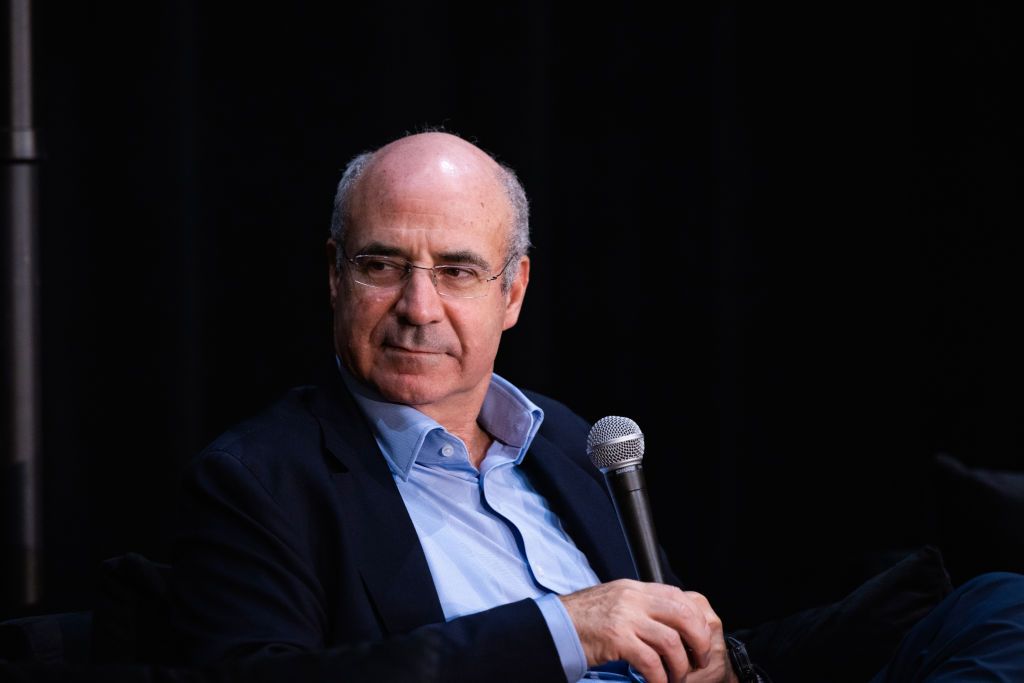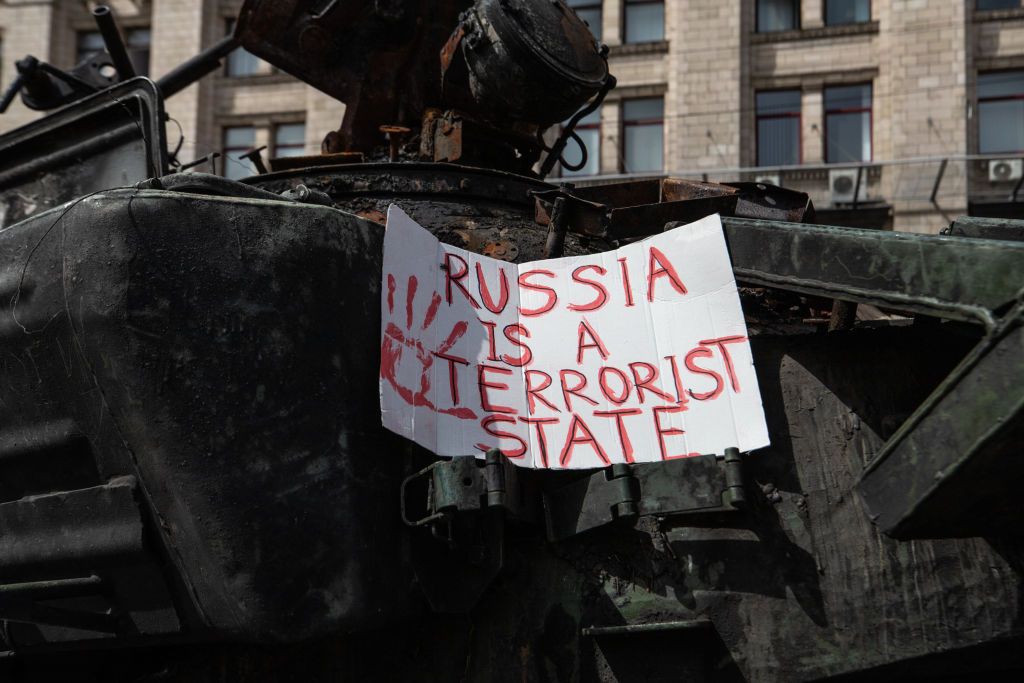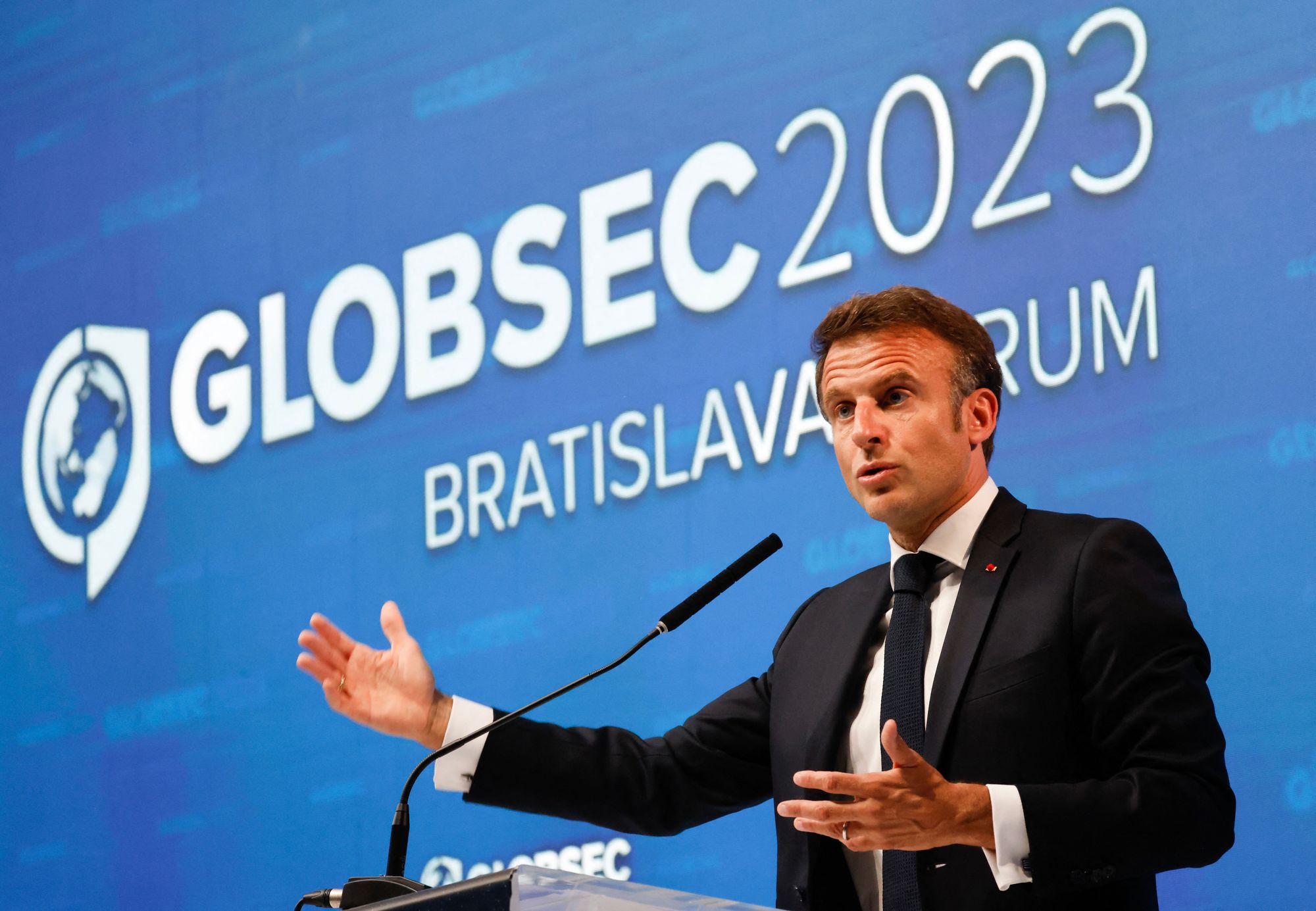Zakhar Tropin: Why Washington’s approach to punishing Russia won’t work

The U.S. State Department recently announced its support for the creation of a special tribunal to prosecute Russian crimes of aggression against Ukraine in a hybrid “internationalized” format. This move echoes the myopic policies of Western countries toward Ukraine and has very little legal grounding.
From a legal standpoint, this type of tribunal is a stillborn child. It appears as though the U.S., fully understanding that the suggested approach is legally void, is still pushing for a solution that buries the possibility of bringing Russia to responsibility for its crimes of aggression.
Ukraine and the international community face the challenge that, within the current system of international law, there are no institutions that have jurisdiction over prosecuting Russia for its aggression against Ukraine. Therefore, the only way to achieve justice is to create a special ad hoc tribunal.
To date, there have been two vastly different approaches: the special tribunal backed by a coalition of over 30 states and the U.S.-backed hybrid “internationalized” tribunal.
The U.S.-proposed court would be “rooted in Ukraine’s judicial system” but include “international elements,” whether they be international financing, foreign experts and judges, or proceedings that take place outside of Ukraine. However, these “international elements” do not change the fact that the proposed tribunal would be a national (Ukrainian) institution.
Advocates of the internationalized approach point to the success of the UN-backed Extraordinary Chambers in the Courts of Cambodia (ECCC), or the Khmer Rouge Tribunal, which was established in 1997 to prosecute the crimes committed during the Khmer Rouge regime in Cambodia. However, this precedent would not work for Ukraine for multiple reasons.
First, the ECCC applied to an internal conflict for which Cambodia asked the UN to create a specialized tribunal. Russia’s full-scale war against Ukraine is an international conflict and, needless to say, Moscow will never agree to any mechanism to prosecute its crimes.
Second, the ECCC’s jurisdiction applied only to individuals. It is crucial in Ukraine’s case to investigate not only high-ranking Russian officials but the state itself. In other words, the tribunal must be able to exercise dual responsibility. Punishing the Russian state as a whole would be impossible through the proposed internationalized court, as Russia enjoys jurisdictional immunity under international law.
Third, while the ECCC had jurisdiction over its own nationals, this is not the case with the suggested internationalized court with respect to Russia, which would instead prosecute Russians, bringing an additional mess to the tribunal’s legal status.
Fourth, the main reason behind establishing the ECCC was a lack of relevant specialists in Cambodia at the time. This is not the case for Ukraine, which currently possesses the necessary experts and knowledge. Despite the ongoing war, Ukraine’s national institutions are well-functioning and enjoy a high level of cooperation with the International Criminal Court.
Fifth, the ECCC prosecuted former high-ranking officials who did not have personal immunity. Those for whom this internationalized tribunal would apply in Russia are still in office and enjoy such immunities.
To sum up, the biggest problem with the U.S.-proposed tribunal is that it would be a Ukrainian national entity with no means of overcoming the immunities afforded to both Russian officials and the state itself.
The issue with national and international courts is unambiguous: heads of state and government officials currently in office enjoy jurisdictional immunity. These immunities can only be legally overcome at the international level – for example, via an international agreement.
Any attempt to push this process to the national level will result in multiple legal gaps to the extent that they will be ineffective or even illegal. For example, the International Court of Justice (ICJ) determined in 2000 that Belgium’s international arrest warrant against then-acting Congolese Foreign Affairs Minister Abdoulaye Yerodia Ndombasi “failed to respect” his immunity, even amid alleged “grave violations of international humanitarian law.”
The previously mentioned special tribunal backed by a coalition of over 30 states is the only viable option to bring Russia and its leadership to account for its aggression. The auspices of an international organization (preferably the UN) will add weight to this institution.
Only an international special tribunal, reminiscent of those used in the cases of Rwanda, former Yugoslavia, and the Nuremberg trials, will eliminate the immunity issue when it comes to prosecuting Russia’s aggression against Ukraine.
Editor’s Note: The opinions expressed in the op-ed section are those of the authors and do not purport to reflect the views of the Kyiv Independent.













